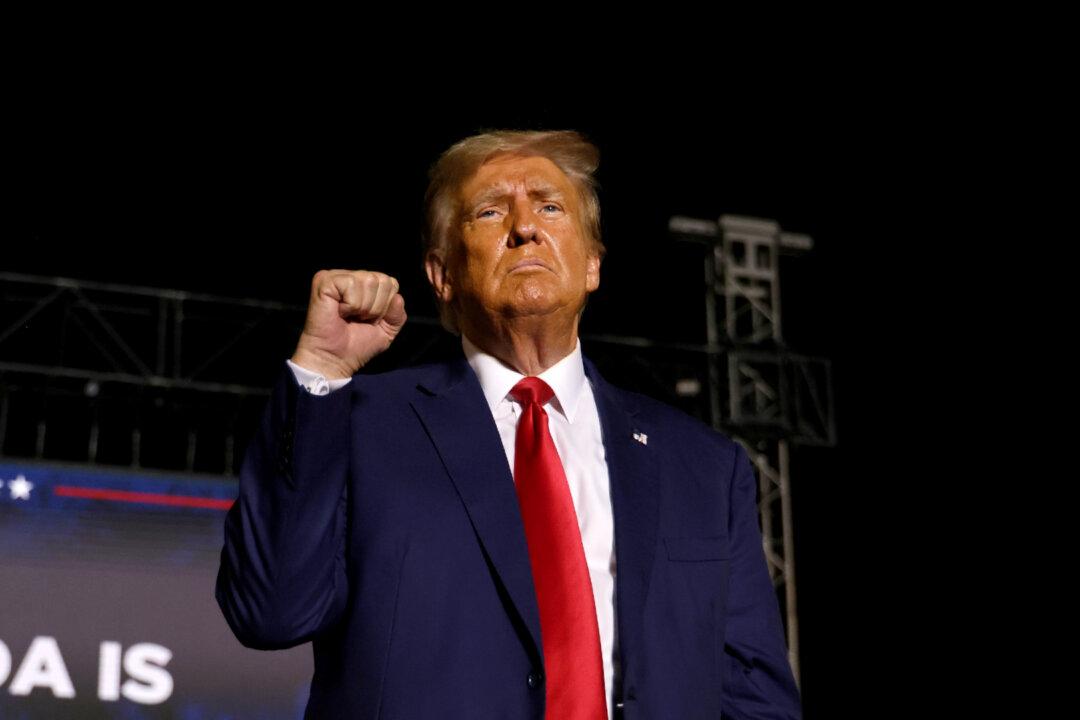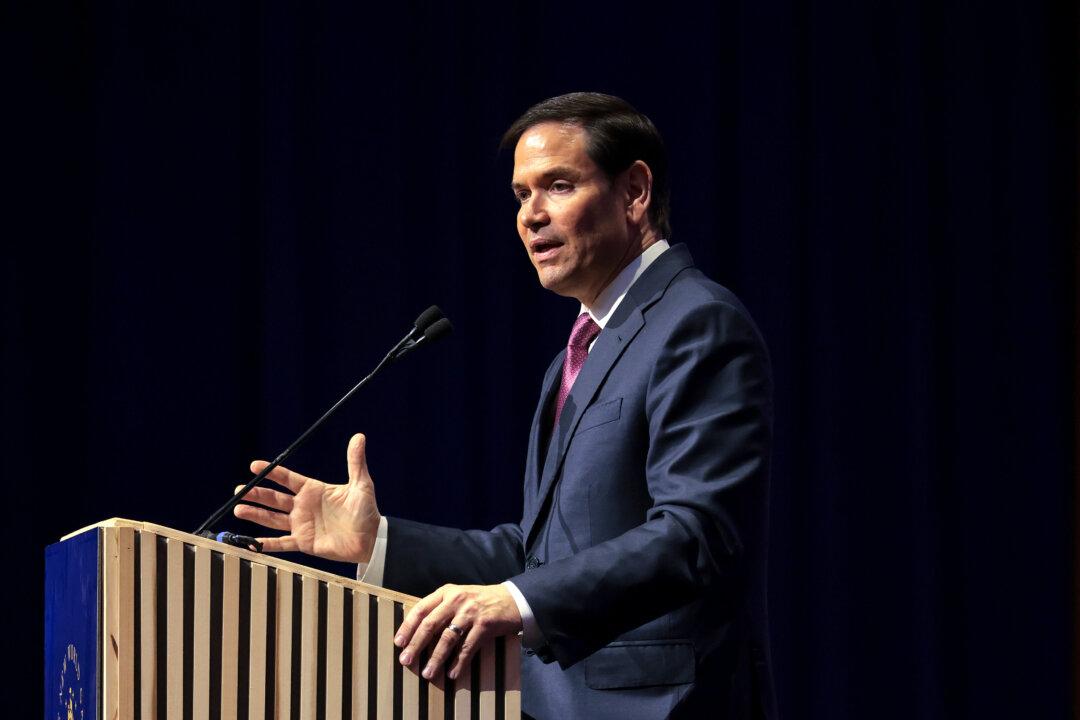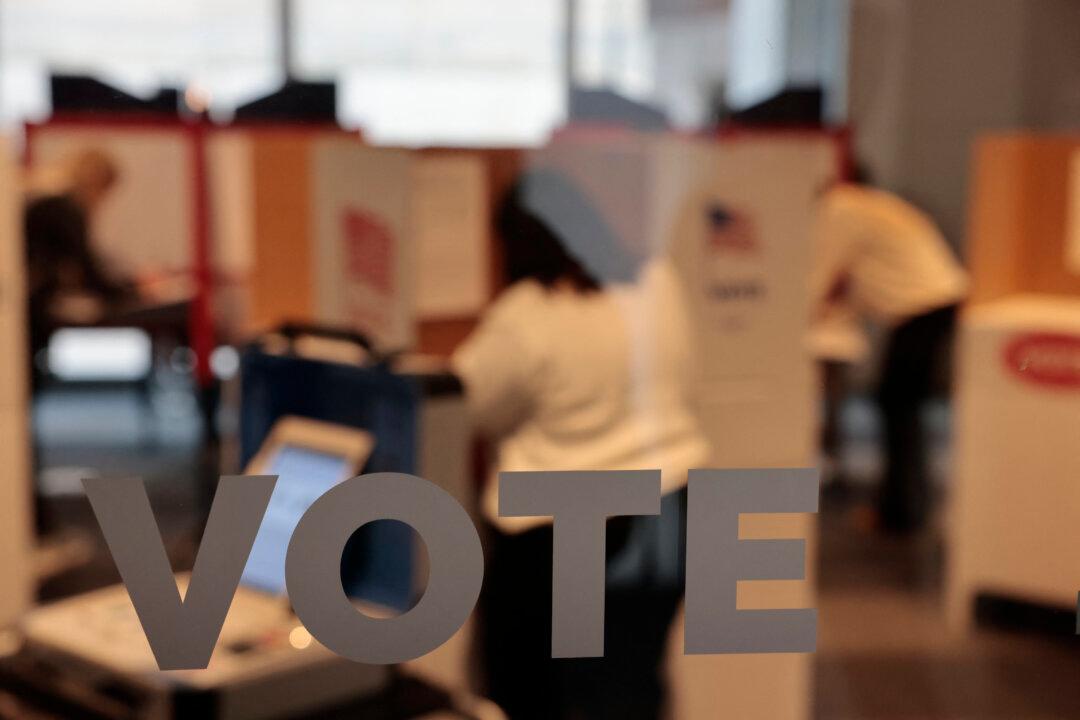The Michigan Court of Appeals upheld a lower court decision, ruling on Thursday that former President Donald Trump was eligible to appear on the state’s primary ballot.
The appeals court declined to rule on the issue of insurrection and did not hold an evidentiary hearing.
The Trump campaign declared victory once again, highlighting the fact that not a single of these “bad faith” challenges have succeeded in any state.
“President Trump remains undefeated against these frivolous legal claims and has never been in a stronger position to win next year’s election,” spokesperson Steven Cheung stated. “We look forward to the swift dismissals of all remaining ballot challenge cases and even bigger wins for the American people in 2024.”
On Dec. 6, the Michigan Supreme Court issued a surprising rejection to hear the case on an expedited basis, ordering the parties to proceed in the appeals court first.
Now the voters are expected to appeal to the Michigan Supreme Court, which may yet consider the issue of “insurrection.”
The state’s primary ballots must be ready by Jan. 13, 2024—45 days before the state’s Feb. 27, 2024, primary—so that they can be shipped to overseas military personnel.
Evidentiary Hearing?
The petitioners are seeking an evidentiary hearing that would allow for oral argument and testimony regarding insurrection and the application of Section 3 of the 14th Amendment.The 14th Amendment was ratified after the Civil War, and included a section meant to prevent officers who left their post to join the Confederacy from returning to service, unless they were approved by a two-thirds vote by Congress.
In these 14th Amendment cases that have been filed around the country, plaintiffs argue that President Trump swore an oath when he took office as president and then allegedly engaged in an “insurrection” on Jan. 6, 2021, thus disqualifying him under Section 3 of the amendment.
Attorneys representing President Trump or the Trump campaign have argued in various venues that the events of Jan. 6, 2021, do not rise to the level of “insurrection,” that he did not engage in such, that the oath he took is different from the one referenced in Section 3, and that Congress has the authority to determine this issue, not state courts.







